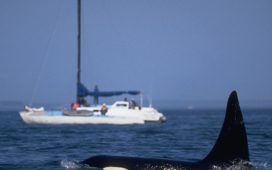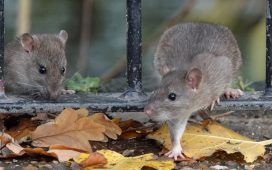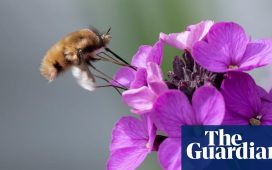Lion, jaguar and leopard body parts are being increasingly sought as substitutes to tiger products by traffickers, a major UN report has found, but demand for ivory and rhino horn has shown signs of a sustained fall.
Wildlife trafficking continues to pose a major threat to nature, global biodiversity and human health, the UN’s Office on Drugs and Crime (UNODC) has warned, following an analysis of trends in the illegal wildlife trade.
Rising living standards in Asia have continued to drive demand for illegal plants and wildlife products, with criminal groups increasingly using social media platforms to sell illicit goods, according to the second World Wildlife Crime Report, the most comprehensive analysis of criminal trends available.
The report found that plummeting pangolin populations in Asia has made west and central Africa the centre of the illicit trade for the most trafficked animal on the planet, whose scales are commonly used in traditional medicine in China and Vietnam.
The report found signs of a “sharp decline” in multimillion dollar markets for ivory and rhino horn, recording falls in the price paid to poachers in Africa. Due to several large tusk and horn seizures in 2019, provisional data indicates it will be a record year, reflecting increased domestic restrictions on the trade in parts of African and Asia.
The analysis of seizure data from 149 countries and territories over the last two decades has unveiled the scale of diversity of the global wildlife trafficking, describing trends in markets for illicit rosewood, ivory, rhino horn, pangolin scales, live reptiles, big cats and European eel.
Angela Me, the head of research and trend analysis for the UNODC, said high demand for wildlife and wildlife products in Asia should not distract from the fact that the problem affects all parts of the world.
“You have to remember that the biggest demand for everything is in Asia because Asia is the most populous continent,” she said. “What you have that is striking in Asia is increasingly people can now buy things that they probably could not buy before.
“But we should not have this idea that it doesn’t touch all of us. For more than half of the commodities, they start from an illicit source because they are poached and then trafficked, but ultimately they go into the licit market.
“For example, with reptile skins, they start in Malaysia and are illegally poached, but then they go into the supply chain of luxurious bags, shoes. Everyone in the world may be wearing something that has been illegally supplied.”







